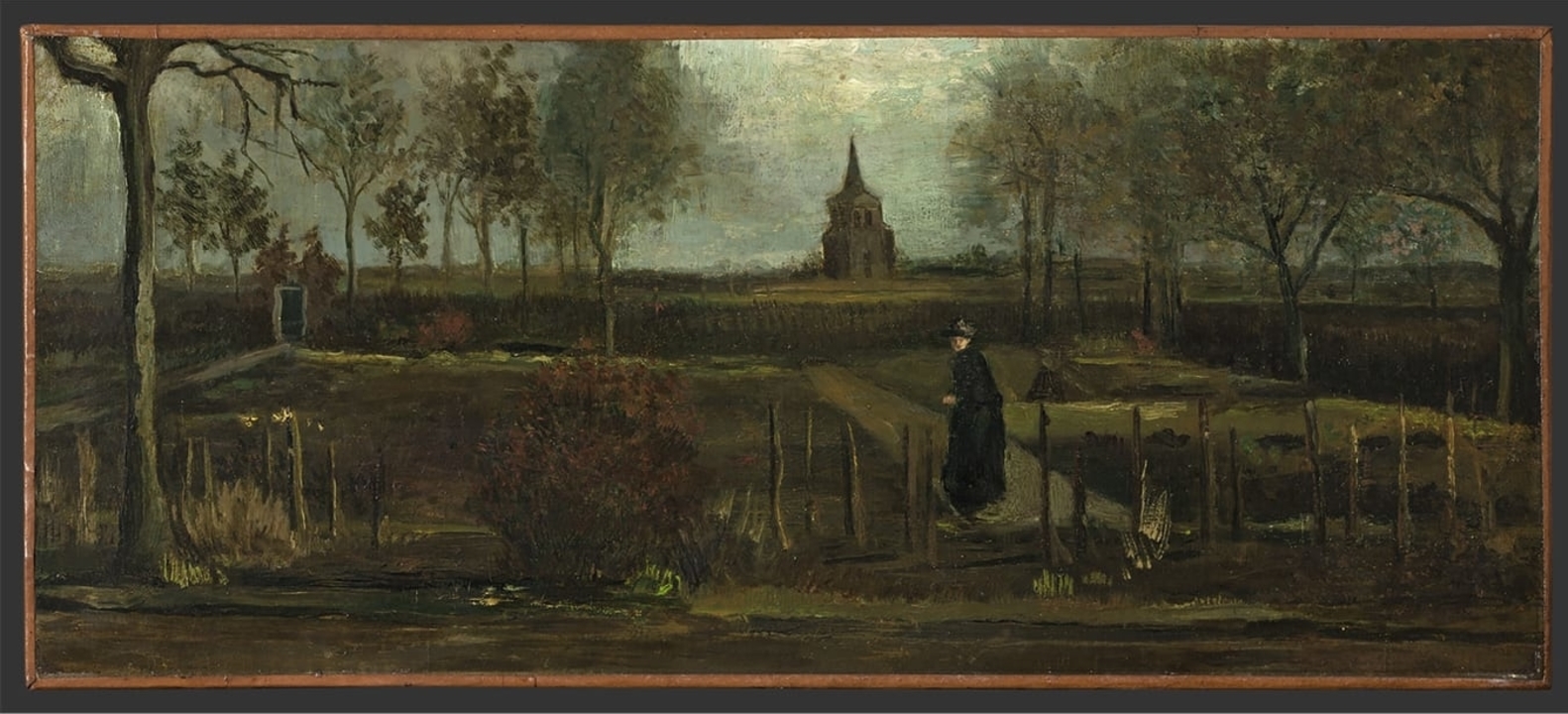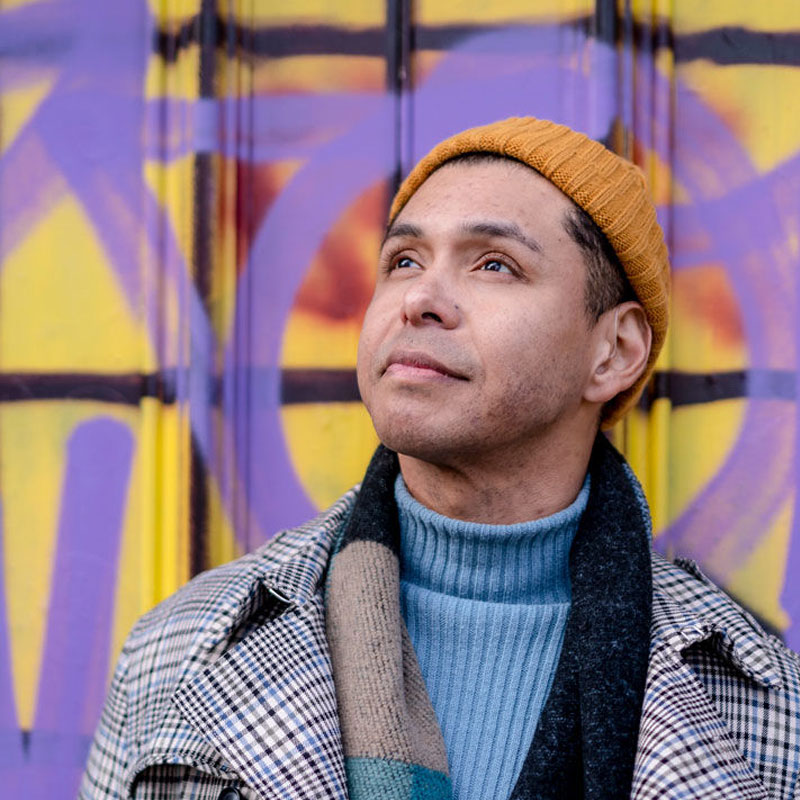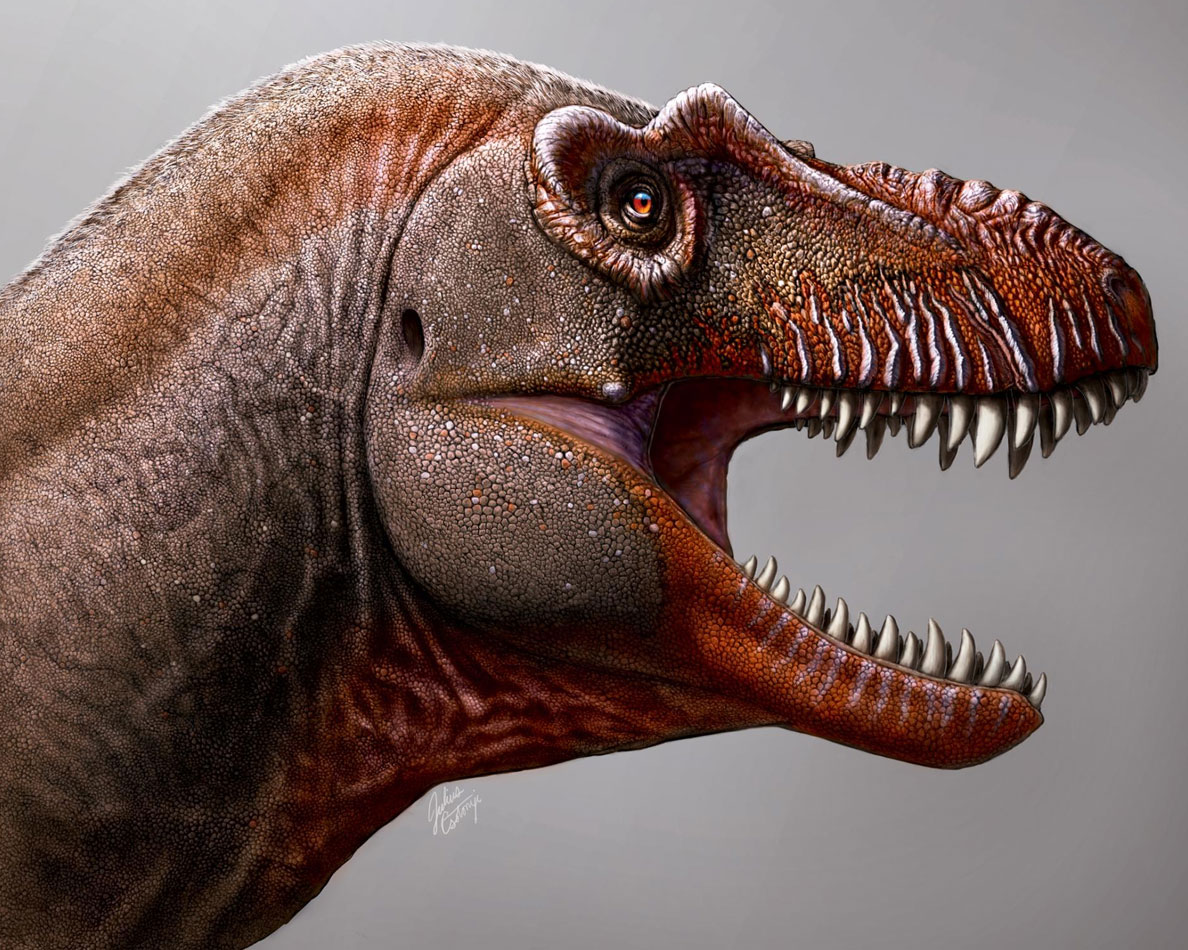
The Current: Round-up of March 2020 news
The coronavirus global pandemic has been at the front of everyone’s minds and some other events may have slipped under the radar while COVID-19 has occupied the news. Here are some things that may have been missed in March.
National
Federal prosecutors charge Venezuelan President – The United States has accused Venezuelan President Nicolas Maduro of being involved in a “narco-terrorism” cocaine trafficking conspiracy. Maduro’s reelection two years ago led to civil unrest in Venezuela, the economy being dissolved, Venezuelans fleeing the country, and his opponent, Juan Guaidó, declaring himself president. Guaidó has so far been unable to fully oust Maduro. The Trump administration has been considering getting involved since the almost-coup last year and does not officially recognize Maduro as Venezuela’s leader.
U.S. Attorney General William Barr justified the charges against Maduro and “more than a dozen others including Venezuelan government and intelligence officials and members of the largest rebel group in Colombia, the Revolutionary Armed Forces” as an attempt to eradicate “criminality and corruption” in the Venezuelan government.
Scientists develop AI that can write thoughts – Researchers from the University of California, San Francisco have created an artificial intelligence that can convert brain activity to text, possibly as a form of speech prosthesis for people unable to speak because of a medical condition. While it still is not a perfect translation of thought to words but rather a recognition of brain activity involved in speech, Joseph Makin and his fellow researchers have come farther in this area of research than others have previously. The developers specify that the AI does not exactly read one’s mind and only produces what the person with the brain electrodes implanted wants to speak, rather than their every thought.
To accomplish this, Makin and his co-authors “train a recurrent neural network to encode each sentence-length sequence of neural activity into an abstract representation, and then to decode this representation, word by word, into an English sentence.”
Infowars app removed from Google Play Store – The media outlet of Alex Jones, conspiracy theorist and radio host, has been removed from the Play Store for spreading misinformation about the coronavirus during a global pandemic. Jones has been telling viewers that a specific brand of toothpaste, among other things, can cure coronavirus. A Google spokesperson told Wired, “When we find apps that violate Play policy by distributing misleading or harmful information, we remove them from the store.” This has led some to wonder why Google has only de-platformed it now despite ongoing concerns regarding Infowars’s spread of misleading information.
Infowars has been removed from several platforms in recent years for hate speech and defaming victims of the Sandy Hook shooting. The Texas Court of Appeals just recently ruled that Jones must now pay around $150,000 in fines before the defamation suit against him has even gone to trial. Previously Jones’s defense attorney had motioned to dismiss the charges against him for claiming the 2012 shooting was a hoax and that the victims’ families were lying.
International
Bushfires extinguished in New South Wales, Australia – The Australian state most affected by the recent wildfires is now blaze-free for the first time since July of 2019. The fires have caused devastation to wildlife populations and destroyed over 3,000 homes. While Australia is being relieved of the wildfires, some of the weather patterns that helped extinguished them are now causing more problems.
Torrential rains have caused flash floods in New South Wales and Queensland, leaving people without power. While firefighters finally were able to reign in the fires, emergency response was also needed to deal with extreme flooding, further hindering efforts to rebuild.

Van Gogh artwork stolen from the Singer Laren Museum in the Netherlands – Art thieves have taken advantage of the Singer Laren Museum being closed, to prevent the spread of COVID-19. “The Parsonage Garden at Nuenen in Spring 1884” is missing after a break-in early on Monday, March 30, the artist’s birthday.
Police are investigating the break-in and the museum’s director Jan Rudolph de Lorm said he is “shocked and unbelievably pissed off” in an March 30 press conference.
Putin postpones referendum to keep power – To stall the spread of COVID-19, the President of Russia Vladimir Putin declared a weeklong holiday on March 25 and has delayed the vote on a change in term limits. The constitutional change would allow Putin to lead until 2036, and he has been in power, as acting president and prime minister, since Boris Yeltsin’s resignation in 1999.

On the bright side
Second person cured of HIV – Adam Castillejo from London, England has been HIV-free for over a year after anti-retroviral therapy. The case report states Castillejo was cured by a stem-cell treatment he underwent for cancer he had at the same time. It is essentially a transplant of the immunity cells with ones that are resistant to HIV. However, the treatment is said to be grueling and difficult to undergo, and it was diagnosed to both Castillejo and the first cured patient, “the Berlin Patient” Timothy Brown, to treat their cancer specifically. While this is a major accomplishment, it is not accessible to every HIV patient.
Wuhan back open for business – Masks and social-distancing behaviors are still necessary, but shops in Wuhan, China – the city first hit by the coronavirus – are opening again after the city’s suspension in late January. Customers were sparse, but an article by Ng Han Guan and Joe
McDonald of the Associated Press said, “officials are under orders to revive manufacturing, retailing and other industries while also preventing a spike in infections as people return to work.”

Before the T. Rex, there was the Thanatotheristes degrootorum – The “reaper of death” tyrannosaur was discovered in Canada in February, this new species predates the Tyrannosaurus rex by millions of years. Canadian scientists distinguished the Thanatotheristes from others in the tyrannosaur family by studying atypical features on skull fragments. This finding, as stated in an article by Doyle Rice of USA Today, is a paleontological accomplishment, as the “reaper” fossil is about 79.5 million years old and “provides scientists with insights into the tyrannosaur family tree.”
It is estimated that the Thanatotheristes were about 30 feet long and were carnivorous. Its name comes from a combination of the Latin words for death and reap followed by the surname of the couple who found the fossil, John and Sandra De Groot.
